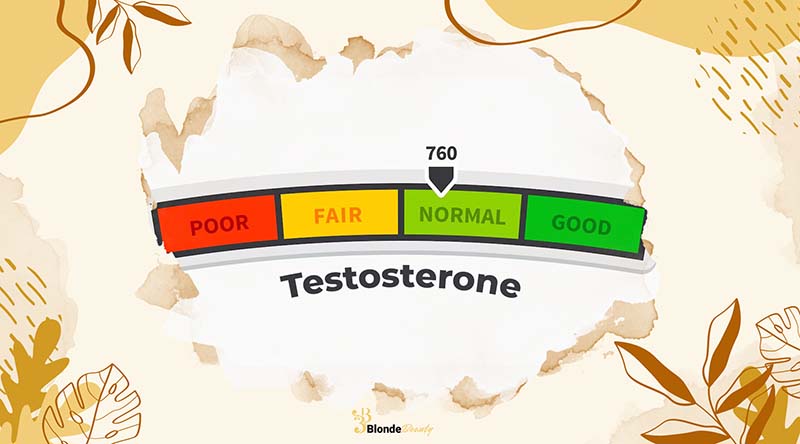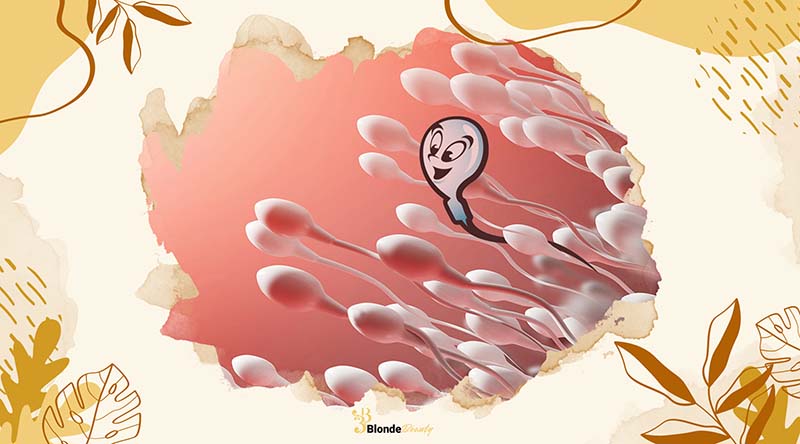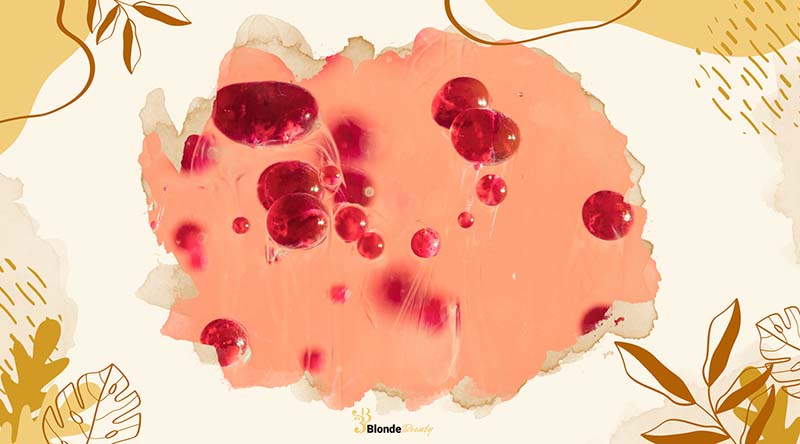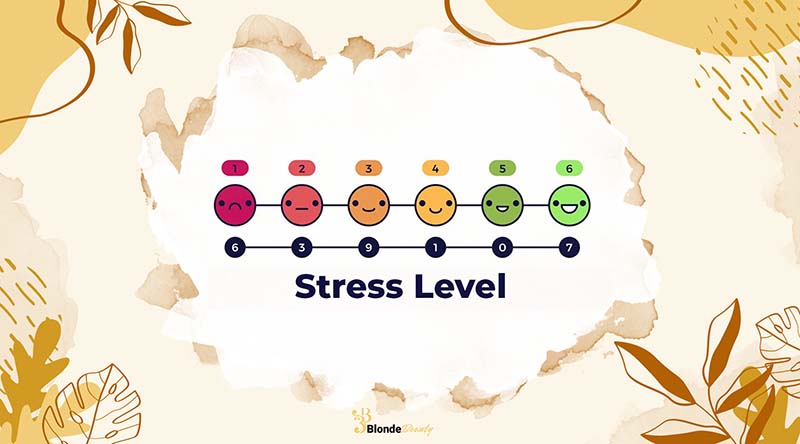In our quest to answer the intriguing question, ‘Is Pineapple Good for Men’s Sperm?’, we stumble upon an unexpected hero in the natural world.
Picture a journey through a tropical paradise, where the pineapple, a symbol of hospitality and sweetness, might just hold the key to improving men’s reproductive health. Amid growing fertility concerns, this tangy fruit offers a glimmer of hope.
Join us as we explore scientific insights into how pineapple could be a natural ally for those seeking to enhance sperm health. This story leads us into the heart of nature’s own solutions for reproductive wellness.
You should also read the following articles:
- Is Onion a Natural Remedy for Erectile Dysfunction? Tips to Use.
- Shilajit Dosage for Erectile Dysfunction: Benefits Guide.
- Is Coffee Bad for Testosterone? Hormonal Effects.
Is Pineapple Good for Men’s Sperm?
Certainly! Pineapple can be a real asset for men’s sperm health. Packed with vitamin C and bromelain, this tropical fruit offers a powerful mix of nutrients that can do wonders for sperm quality, quantity, and movement.
Vitamin C, which you can find plenty of in pineapple, is like a superhero for sperm health. It helps boost sperm count by supporting their production. Lots of studies have shown how important vitamin C is for making more sperm, highlighting its role in keeping men’s reproductive health in top shape.
And let’s not forget about bromelain, another helpful substance found in pineapple. This enzyme has been linked to better reproductive health, which means it can help make your sperm even better.
Adding pineapple to your diet doesn’t just help your sperm—it might also give your sexual performance, desire, and even your erections a little boost. It’s a tasty way to look after your reproductive health.

3 Benefits of Pineapple for Men’s Health
Certainly! Here are three key benefits of pineapple for men’s health, particularly in the realm of sexual wellness:
Helps Increase Testosterone Levels
Pineapple contains essential nutrients that can impact hormone production, particularly testosterone—the primary sex hormone for males.
Bromelain, a potent enzyme found in pineapple, not only aids in digestion and boosts immunity but also helps regulate testosterone levels.
Additionally, pineapple contains zinc, albeit in small amounts, which has been associated with maintaining balanced testosterone levels.

Increase Sperm Quality
Pineapple is rich in manganese, a mineral crucial for sperm health. Studies have suggested that manganese plays a role in improving sperm motility, which is vital for successful fertilization.
Research involving over 1,100 men revealed that even a modest concentration of manganese supports optimal sperm motility, potentially enhancing fertility.

Improve Blood Flow
Raw pineapple boasts high levels of vitamin C, a potent antioxidant known for bolstering the immune system and reducing inflammation.
Inflammation has been linked to compromised blood flow, which can negatively impact sexual arousal and erectile function. By combating inflammation, vitamin C-rich foods like pineapple may contribute to better blood flow, which is essential for achieving and maintaining erections.
Enhanced blood flow facilitates the relaxation of blood vessels in the penis, allowing for increased blood supply to erectile tissues—crucial for achieving firm and lasting erections.

Other Health Benefits That Pineapple Brings
Absolutely, pineapple offers a plethora of health benefits beyond just its delicious taste. Here’s a breakdown of some of its lesser-known advantages:
Helps Reduce Arthritis
Pineapple contains bromelain, a potent anti-inflammatory enzyme. Regular consumption of pineapple juice can help reduce joint pain and inflammation associated with arthritis, promoting better mobility and comfort.

Supports Healthy Skin and Hair
Rich in vitamins and antioxidants, pineapple can work wonders for your skin and hair. Whether you’re dealing with acne, skin rashes, or damage, incorporating pineapple into your diet can help rejuvenate your skin, giving it a clean and fresh appearance.

Helps Reduce Stress
Pineapple contains serotonin, a natural mood regulator that helps keep your hormones and nerves calm. Enjoying pineapple juice or slices can help alleviate stress, promoting overall relaxation and well-being.

Supports The Digestive System
Pineapple is a treasure trove of bromelain, dietary fiber, and vitamin C, all of which support healthy digestion. Drinking pineapple juice or consuming the fruit itself can aid in relieving stomach discomfort and promoting optimal digestive function.
Helps Prevent Cancer
Pineapple’s abundance of antioxidants and cell-protective properties make it a valuable ally in cancer prevention. Regularly consuming pineapple juice may reduce cancer risk, combat cell damage, and promote a youthful appearance.
Improve Your Eyesight
Pineapple is packed with vitamin C and antioxidants, which can help reduce the risk of age-related eye diseases like macular degeneration. Incorporating pineapple into your diet can support good vision and eye health as you age.

Reduces the Risk of Blood Clots
Bromelain, the key compound in pineapples, possesses anti-coagulant properties that can help reduce the risk of blood clots. Snacking on pineapple can serve as a tasty and beneficial way to promote cardiovascular health and reduce clotting risks.
Is Pineapple Good for Erectile Dysfunction?
Yes, pineapple can potentially benefit erectile dysfunction (ED) due to its rich content of various nutrients and antioxidants that support sexual health, particularly in men.
- Vitamin C: Pineapple contains vitamin C, an antioxidant that not only strengthens the immune system but also helps prevent inflammation. Inflammation has been associated with impaired blood flow, which is crucial for achieving and maintaining erections. By reducing inflammation, vitamin C may contribute to improved blood flow, leading to better erectile function.
- Manganese: Manganese is a mineral essential for sexual health, particularly in men. Studies have indicated that a deficiency in manganese can result in decreased libido and issues with ejaculation. Pineapple serves as a good source of manganese, providing a significant portion of the daily recommended intake in just one cup, which could help support sexual function.
- Thiamine (Vitamin B1): Thiamine, also known as vitamin B1, is crucial for maintaining overall bodily functions. Additionally, it has aphrodisiac properties, which can further enhance sexual health. Pineapple contains thiamine, making it a popular choice for individuals seeking to improve their sexual well-being.
- Bromelain: Pineapple contains bromelain, an enzyme known for its anti-inflammatory properties. Research suggests that bromelain may induce relaxation in human erectile tissue, potentially providing another avenue for treating ED.
Should You Be Eating Pineapple for Benefits Sexually?
If you’re considering adding pineapple to your diet for potential sexual benefits, there are a few points to consider.
Firstly, you might be wondering whether raw pineapple or pineapple juice is the better option. While pineapple juice is more convenient for many, it contains the same beneficial nutrients and antioxidants as raw pineapple. However, it’s important to note that pineapple juice typically has a higher sugar content compared to raw pineapple. For instance, one cup of pineapple juice contains around 25 grams of sugar, while one cup of pineapple fruit contains approximately 16 grams. Therefore, if you’re mindful of sugar intake, opting for raw pineapple might be preferable.
Regarding the sexual benefits of pineapple, while some research suggests that the nutrients and antioxidants in pineapple could potentially improve blood flow, enhance sperm movement, and boost testosterone levels, there isn’t yet enough conclusive evidence to confirm these effects definitively.
If you’re experiencing erectile dysfunction, a lack of libido, or other sexual dysfunctions, it’s essential to consult with a healthcare provider. They can provide personalized advice and recommend suitable treatments tailored to your specific needs.
Conclusion
Concluding our exploration of the intriguing question, “Is Pineapple Good for Men’s Sperm?”, it’s clear that pineapple is indeed a tropical treasure with substantial benefits for men’s reproductive and sexual health. Rich in nutrients like vitamin C, bromelain, and manganese, pineapple offers a natural boost to sperm quality, enhances erectile function, and may even increase testosterone levels. Beyond its sexual health benefits, pineapple supports overall well-being, from reducing stress and inflammation to improving digestion and heart health.
Embracing pineapple in your diet is not just a delightful experience but also a step towards harnessing nature’s solution for a healthier life and enhanced reproductive wellness.
For more insightful articles on health and wellness, be sure to explore additional blogs from Blonde Beauty.

Laureate Professor Clare Collins
Professor Clare Collins is a leading expert in nutrition and dietetics at the School of Health Sciences, part of the College of Health, Medicine and Wellbeing. Her work is changing the way we think about food and health. She grew up as one of nine children and was the first in her family to finish high school and go to college. This background gave her a strong work ethic and a deep appreciation for seizing opportunities.
As the Director of the Hunter Medical Research Institute’s Food and Nutrition Program and a recipient of three NHMRC Research Fellowships, Professor Collins is making a big difference in public health. She focuses on helping people who are often overlooked, using new technologies like apps and online programs to improve their nutrition and reduce the risk of chronic diseases.
Professor Collins is well-respected and has been recognized as a Fellow in four major health and science organizations. She leads a diverse team of experts, including dietitians, computer scientists, and engineers, working together on global health projects.
Her achievements are impressive. She has received over $29 million in research funding, published more than 450 papers, and helped 35 PhD and Master’s students complete their degrees. She’s also active in sharing her knowledge with the public. She has developed tools like the Australian Eating Survey and the Healthy Eating Quiz, and she often appears in the media to talk about nutrition.
PUBLISHED ARTICLES
- Collins, C. (2019). “The Effect of a Pilot Dietary Intervention on Pain Outcomes in Patients Attending a Tertiary Pain Service.”
- Collins, C. (2022). “Variation in cardiovascular disease risk factors among older adults.”
- Collins, C. (2022). “Evaluation of an online intervention for improving stroke survivors’ health-related quality of life: A randomised controlled trial.”
These articles show Professor Collins’s commitment to understanding how better nutrition can improve health. Her work is important for researchers, doctors, and anyone interested in healthy living.
